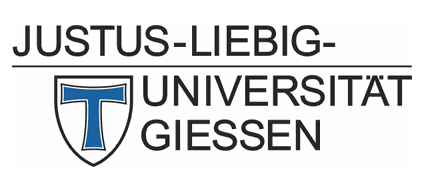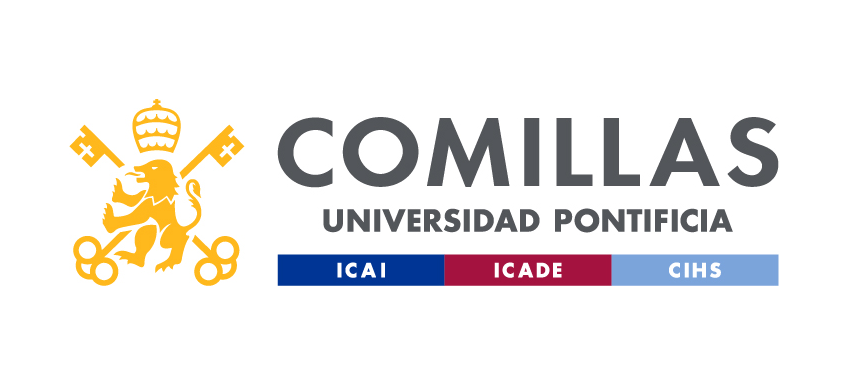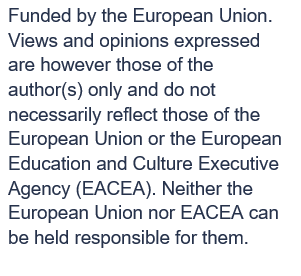Main Content
Data Protection Statement
General Information on the Processing and Management of Your Data
Philipps-Universität Marburg processes your data in accordance with legal data protection regulations, in particular the European Data Protection Basic Regulation (GDPR - DSGVO) and the Hessian Data Protection and Freedom of Information Act (HDSIG). This data protection statement provides you with the information required under Article 13 GDPR.
Philipps-Universität Marburg takes the protection of your personal data seriously. We want to inform you in a precise, transparent, comprehensive, and easily accessible way which data we collect and at what point in time when you visit our website and how we use the data.
Your data are processed and stored only in the State of Hesse in the German Federal Republic and not in countries outside the scope of the GDPR. The internet service is operated on Philipps-Universität’s own IT systems.
Further development and enhancement of our website and the implementation of new technologies may entail the need to amend the content of this data protection statement. We therefore request you to review it from time to time.
- Scope of the Data Protection Statement
- Name and Address of the Controller
- Official Data Protection Officer
- Processing of your personal data
- Links to websites of other providers
- Your rights
- Validity
Scope of the Data Protection Statement
This Data Protection Statement is valid for the Philipps-Universität website (https://www.uni-marburg.de) and applies to the personal and non-personal data collected on our website.
The internet sites of other providers accessible via links from this site issue their own data protection statements.
Name and Address of the Controller
The designated Controller responsible for processing personal data on this website is
Philipps-Universität Marburg - The President
Prof. Dr. Thomas Nauss
Biegenstraße 10, 35037 Marburg
Tel. 06421 28-20, Fax 06421 28-22500
Internet: https://www.uni-marburg.de
E-Mail: info@uni-marburg.de
Official Data Protection Officer
Philipps-Universität Marburg – Official Data Protection Officer
Dr. Rainer Viergutz
Biegenstraße 10, 35037 Marburg
Tel. 06421 28-20, Fax: 06421 28-22065
E-Mail: datenschutz@uni-marburg.de
Processing your Personal Data
Article 4, Paragraph 1 GDPR sets out its definition of personal data: personal data means any information relating to an identified or identifiable natural person (‘data subject’); an identifiable natural person is one who can be identified, directly or indirectly, in particular by reference to an identifier such as a name, an identification number, location data, an online identifier or to one or more factors specific to the physical, physiological, genetic, mental, economic, cultural or social identity of that natural person.
Legal Basis for Processing Personal Data
Article 6, Paragraph 1(a) GDPR serves as the legal basis for processing personal data if we have sought and received the consent of the individual concerned.
If processing your personal data is required to fulfil a legal obligation, then we process your data on the basis of Article 6, Paragraph1 (c) GDPR.
If processing your data is essential for carrying out a task in the public interest or in the exercise of official authority vested in Philipps-Universität Marburg, then Article 6, Paragraph 1 (e) GDPR serves as the legal basis for it.
Access Data
The temporary storage of your IP address by the Philipps-Universität web server is essential for delivering our website to your computer or to your web browser.
When you access our website, the following data is stored in the form of access logs:
- The IP address of the client/accessing computer
- Date and time of server access
- HTTP method and the request URL
- The HTTP status code of the server response
- The byte size of the server response
- The page of origin transmitted by the browser
- The user agent (browser self-designation)
Visits to our website are stored in log files for seven full days and then deleted in rotation. The IP addresses stored in the log files are truncated by the final byte and thereby anonymised. The attribution of an IP address to a natural person is therefore not possible or would entail a disproportionate amount of time and effort.
In order to repel an ongoing or deliberate imminent attack on our website and to preserve evidence, Philipps-Universität reserves the right to temporarily deactivate the IP address in the log files.
Evaluations
We use the software Matomo (previously Piwik) to optimize our internet service. Matomo records repeated visits to our website over a twenty-four hour period. This is done anonymously using the system configuration without the possibility to draw conclusions about your person. In addition, Matomo records information about the browser used, operating system settings (screen resolution), entry and exit pages, and the length of visit to the website.
If you wish to opt out and block any record of your visits to our website by Matomo, you can activate Do Not Track signaling in your web browser. You can also withhold consent by using an opt-out cookie. Please deselect the following checkbox to set the opt-out cookie:
Links to Websites of other Service Providers
Our website may contain links via social media icons to the websites of other providers such as Facebook, Instagram, Twitter or YouTube. Philipps- Universität Marburg has no influence on whether these providers also comply with the legal data protection regulations. Please always check the data protection statements of other service providers.
YouTube
We use the integration of video material provided by YouTube. Google Ireland Limited, Gordon House, Barrow Street, Dublin 4, Ireland, is the service provider.
If you click on “show video” you automatically give your consent to the transmission of data to YouTube. Only then does YouTube receive the information that the respective page has been called up. In addition, personal data (including your IP number) is transferred to the operator of the platform. The setting is stored in your web browser.
The use of YouTube entails the transmission of information about your user behavior on our website (including your IP address) to a YouTube server (Google) in the USA where it is stored.
Further information on data collection and data protection policy by YouTube (Google) is available at: https://policies.google.com/privacy?hl=de.
Deselect the check box in order to revoke consent.
Recipients of your Data in Compliance with Legal Obligations or Court Order
Your access data stored on our website is only transferred to third parties if we are legally obliged to do so, or by court order, or should it be necessary to pursue legal or criminal prosecution of an attack on our website.
Your Rights
The relevant data protection laws guarantee your rights regarding the processing of personal data by the data controller for the purposes named above:
- Article 15 GDPR gives the right to information, Article 16 GDPR the right to rectification, Article 17 GDPR the right to erasure, Article 18 GDPR the right to restriction of processing, Article 19 GDPR the right to notification, and Article 20 the right to data portability.
- In so far as data processing is dependent on your consent, you have the right to revoke your consent either wholly or partially without stating reasons. You can submit an informal declaration of the revocation of consent to Philipps-Universität Marburg. The revocation makes any further use of your data inadmissible in the future. The legality of previous processing of your data remains unaffected.
- If you believe that your personal data has not been lawfully processed, you can lodge a complaint with the Data Protection Officer at datenschutz@uni-marburg.de.
- In addition, you have the right to file a complaint with the supervisory authority: Data Protection and Freedom of Information Officer for Hesse (HBDI -Hessischer
Beauftragter für Datenschutz und Informationsfreiheit)
Prof. Dr. Alexander Roßnagel
Postfach 3163
65021 Wiesbaden
Internet: https://datenschutz.hessen.de
E-Mail: poststelle@datenschutz.hessen.de
Validity
This Data Protection and Privacy Statement is currently valid and was last amended on 18.02.2022.











